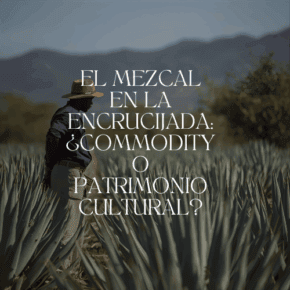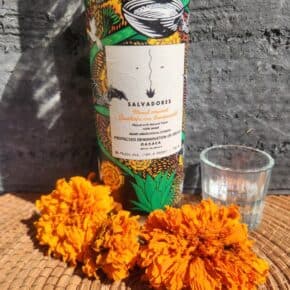Journalism in the United States is in disarray. Every publication and news outlet has seriously downsized over the past 10 years, with 2023 being one of the most brutal in terms of layoffs and closures of online publications like BuzzFeed and Vice. The decline of ad revenues, the expectation that all content should be free, and the increasing perception of social media as a trustworthy source for news have also contributed to the current situation. The irony, of course, is that journalism is more important than ever given the proliferation of sponsored posts, AI-generated content and re-posting of press releases without context or scrutiny.
Like food and entertainment writing, spirits journalism has its own unique set of issues. It has always had a cozier relationship with the industry it covers, with an undertone of pay for play through the trips and launch parties, not to mention all the swag. And as more influencers enter the space, often with a lack of transparency on how they are being paid, the lines between well-reported information and marketing and PR campaigns continue to blur. In short, it is all a bit of a mess.
Agave spirits are also difficult to cover in a way that fully captures the complexity of the category, because of the many agricultural, social, cultural and environmental factors that go into making the spirit. And, naturally, some things end up getting <literally> lost in translation as journalists from the U.S. navigate the tricky and layered process of reporting on cultural stories outside our own borders.
As a writer, editor and publisher, I ask myself all the time: what are best practices for parsing through the growing number of brands (and their marketing campaigns) to accurately report on the rise of the category? What sets a brand’s story apart? What information can we trust? Who should we listen to? And how do we best present information to readers in a way that is clear, easy to understand, and factually accurate? These questions guide not only the story topics we feature, but who we hire to write the stories, who we all reach out to for quotes and context, and how we expand our stable of sources so we are not always giving the microphone the same people. It is a huge responsibility covering agave spirits in the way it deserves!
I am beyond excited to talk about all of this and more with Emma Janzen, a James Beard award-winning spirits writer with almost 15 years of experience covering the alcohol space, at the Agave Heritage Festival. This is a free event, you just need to RSVP as there is limited space at the venue. It will take place Saturday, April 20th from 12:30-1:30.
Transparency and Mezcalistas
Mezcalistas is a proud media sponsor of the Agave Heritage Festival. This means we provide not only marketing support for promoting the event, but that we have also supported programming by pitching talk ideas like this one and the morning networking and round table discussions that are all about building community. Supporting events like the Agave Heritage Festival is part of our underlying mission of raising awareness about agave spirits in the United States. As we like to say, an informed consumer is a responsible consumer.
For now we are lucky at Mezcalistas– we do not rely on advertising or sponsored content to cover the costs of running the online publication and we have worked hard to keep our content free, primarily because we occupy such a niche space. We also have made an editorial decision that our articles are as long (or short) as they need to be to cover a complicated topic. So where does the money come from to pay for all of this? Events like Mexico in a Bottle are our primary funding source for the website, as well as donations from readers that go toward for our contributing writers fund. It’s a grind, but it works.












Leave a Comment